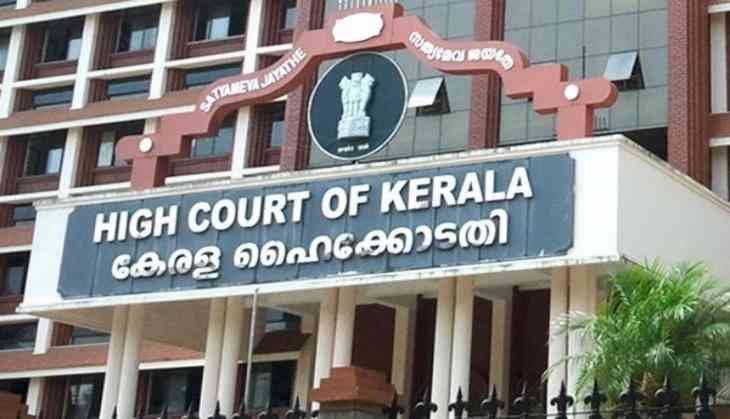Plea in Kerala HC challenging constitutionality of Kerala Police Rules 2020 provisions

A petition has been filed in Kerala High Court challenging the constitutional validity of Rules 10-14 of the Kerala Police Rules, 2020 which pertains to the compounding of offences. The Kerala Police Rules, 2020 were introduced on April 16.
The petition, filed by Kerala Abhibhashaka Koottayma members - advocates MJ Santhosh and Dipu V on Saturday, argued that these rules are violative of Articles 14, 19, 21, 39A and 254 of the Constitution.
The compounding of offences refers to the settling certain criminal offences upon an application and the payment of a compounding fee by the accused in certain categories of cases.
The plea said that the Kerala Police Rules, 2020 concerning the compounding of offences under the Kerala Police Act, 2011 constitute "an attempt to trespass into the powers of the Central Legislature."
Section 126 of the 2011 Act vests with the Station House Officer (SHO) the power to compound certain non-cognisable offences and the Subclause (3) of Section 126 says that the compounding fee payable shall be prescribed by the Government and the SHO concerned.
The plea said that it is also an attempt to trespass into the activities of the judiciary "violating the concept of Separation of Powers".
"Even in cognizable offences, the registration of FIR can be put under cold storage at the whims and fancies of the sub-inspector or the SHO, violating the judgments of the Supreme Court, which happens to be the law of the nation," the plea said.
It said that Rule 13 of the law "permits the Station House Officer to withhold the registration of the FIR and go for negotiations of compounding."
The petitioners also prayed that Section 126(3) of the Kerala Police Act, 2011 itself be declared repugnant to Section 320 of the Code of Criminal Procedure (CrPC) and, therefore, unconstitutional. Section 320 of the CrPC also pertains to the compounding of offences.
-ANI
Also Read: Justice Mohammad Rafiq takes oath as Chief Justice of Orissa High Court

